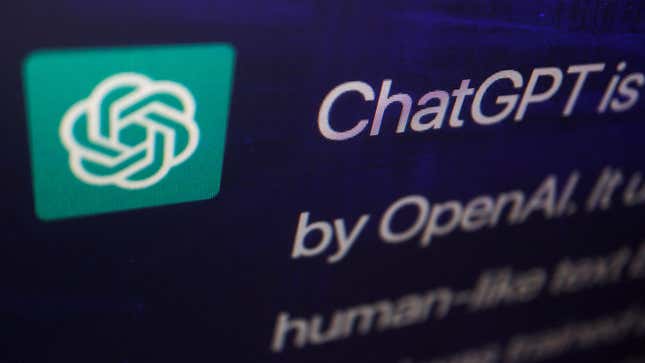
The sheer volume of chatbot apps shows that enthusiasm for AI goes well beyond ChatGPT—and just how versatile generative AI can be. A quick scroll through Apple’s App Store reveals offerings that include Summary Z, which sums up books; Awarefy, which provides cognitive behavioral therapy (CBT); and Slaidio, which can generate a 10-slide text presentation.
Last year, 2,590 apps launched with “chatbot” in their product description, nearly double the number for the past four years combined, according to a report by data.ai. The market research firm looked at apps released on the App Store and the Google Play store.
Expect to interact with more chatbots soon
The report also found that more than 3,500 apps included “gpt” in their description last year. The slew of new arrivals raises questions about what the world will look like with thousands of ChatGPT-like bots. Will people interact with multiple chatbots, from one that assists with writing emails to another that helps us pick out the right song for our commute to work? Will more chatbots mean misinformation on a grand scale?
It doesn’t appear that the number of new chatbots hitting the market will slow down anytime soon. This week, ChatGPT maker OpenAI plans to launch a store for GPTs—custom-built apps based on its generative AI models that anyone can create.